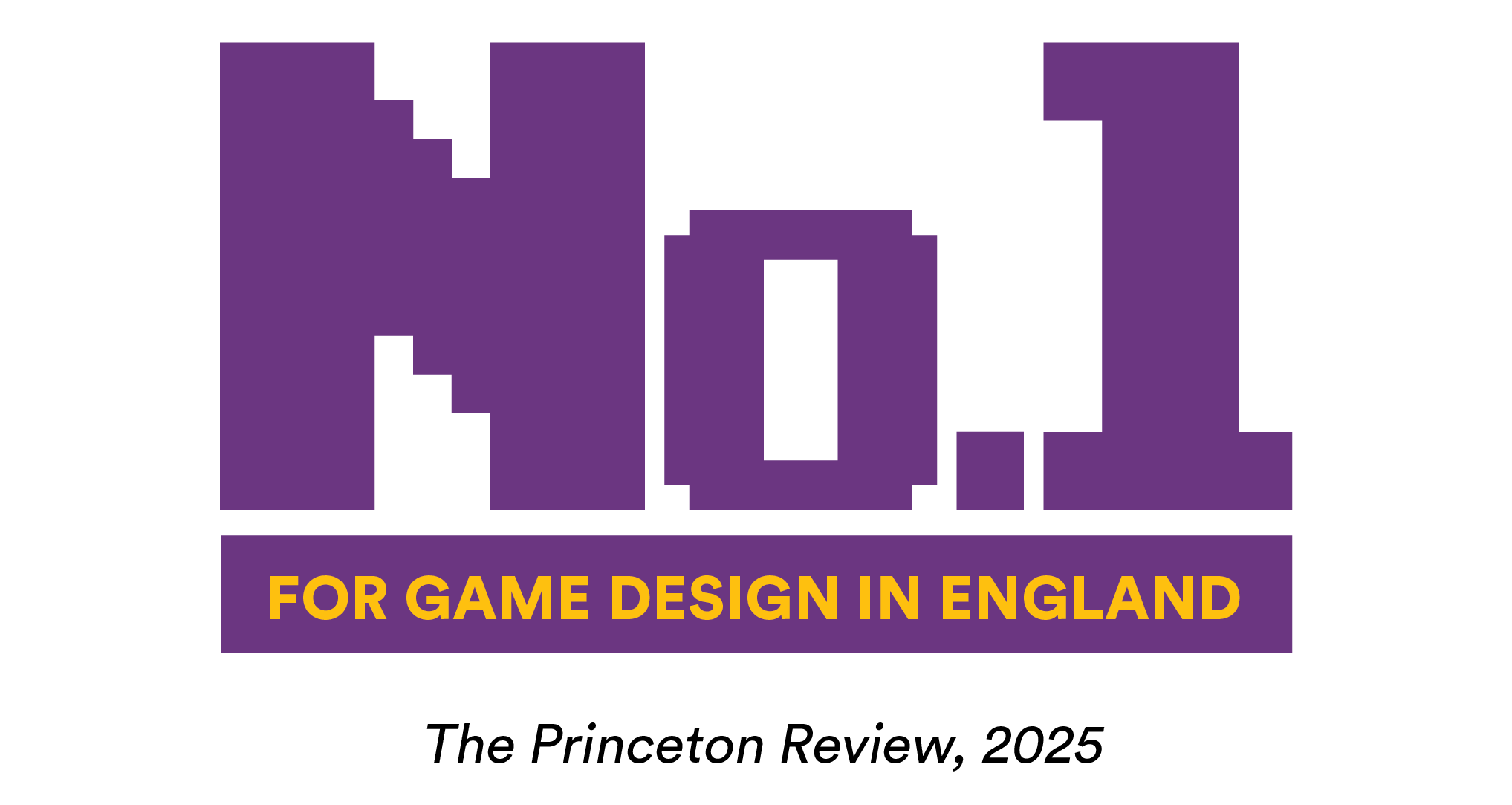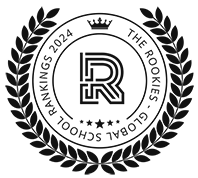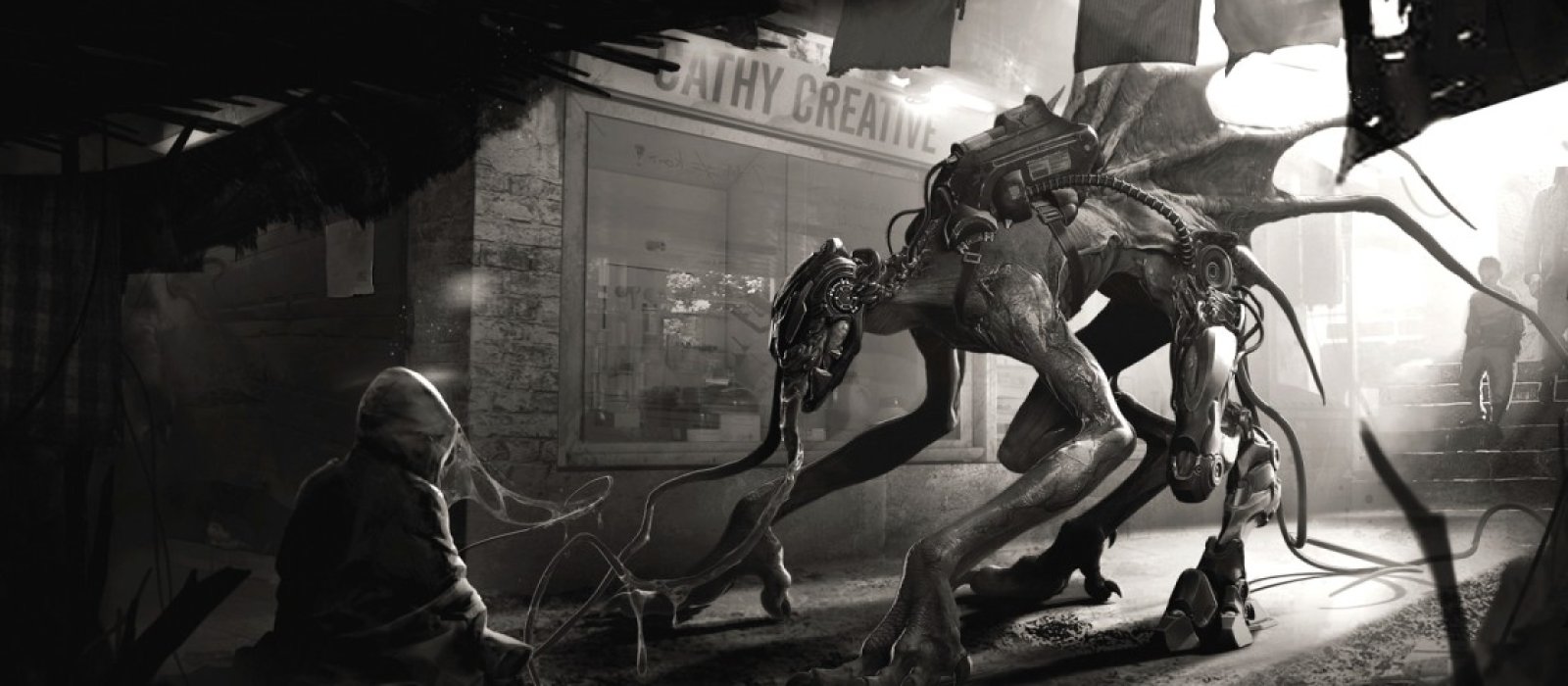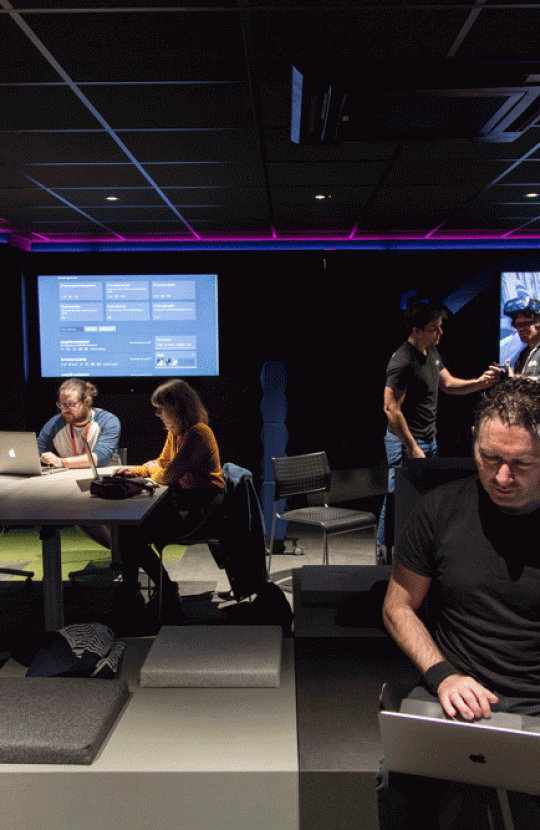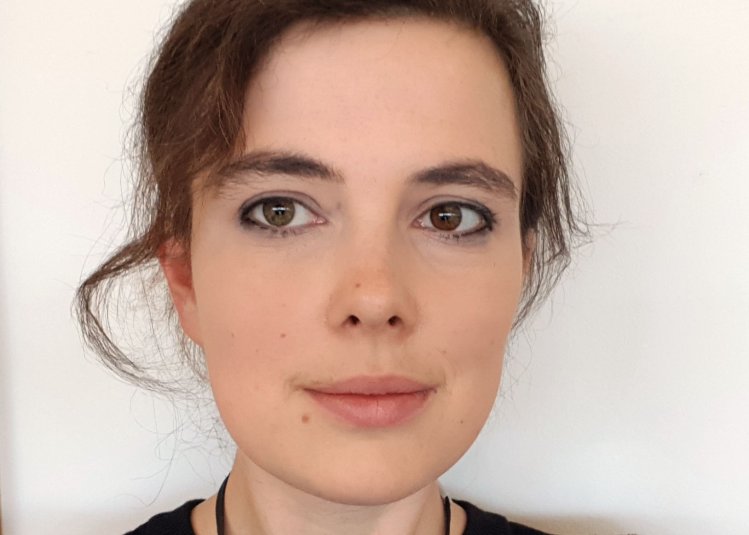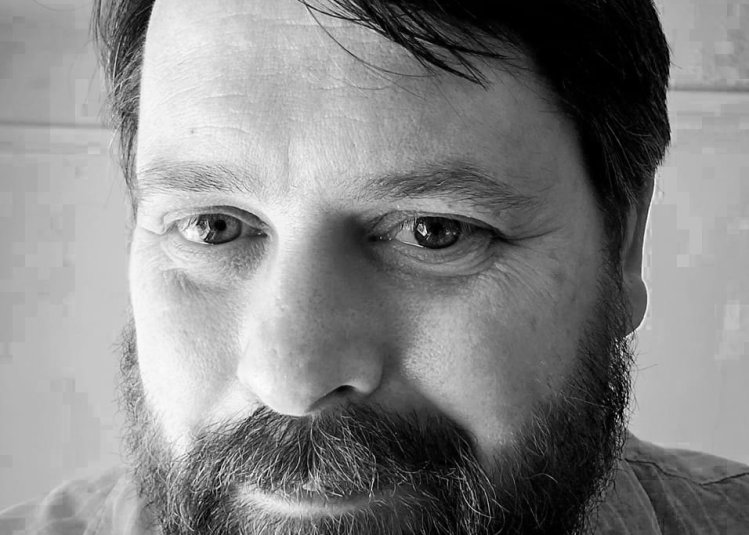Game Art MA
Work within multi-skilled teams to create innovative art for games.
Course overview
Are you an artist with a passion for games? Do you want to develop your skills to meet the challenges of the games industry? At Falmouth, you’ll work on individual game art projects and within multi-skilled teams to create innovative and arresting art for games.
We’ll help nurture your creativity as you collaborate with likeminded artists in an inspired and focused studio environment. We’re looking for illustrators, fine artists, sculptors, graphic designers or anyone with a passion for the visual dimensions of games. Ultimately, you’ll graduate as a workplace-ready professional with a strong insight into the games industry, primed to make an impact.
Study at Falmouth:
- Showcase your skills in context by working on game art projects and learning to co-create as part of a team
- Access professional-standard facilities and the same development tools and game engines used by the industry, studying at a top ranked school for Concept Art and Game Design & Development (Rookies Global School Rankings 2024)
- Learn 2D and 3D art creation methods, including concept, environment and character art, supported by tutors with experience at companies including Electronic Arts, Rockstar Games and Square Enix
- Explore game development pipelines, techniques and processes such as Agile development and version control
Similar courses
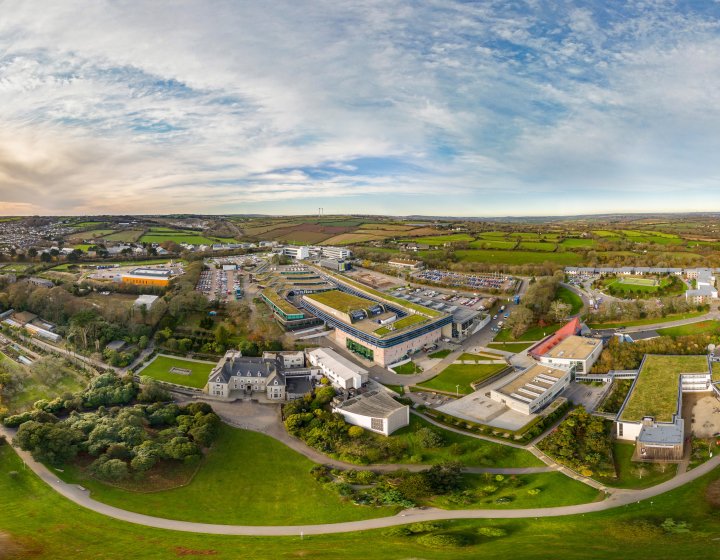
Artificial Intelligence for Creative Practice MA
This master’s programme explores how emerging technologies can enhance and transform human creativ...
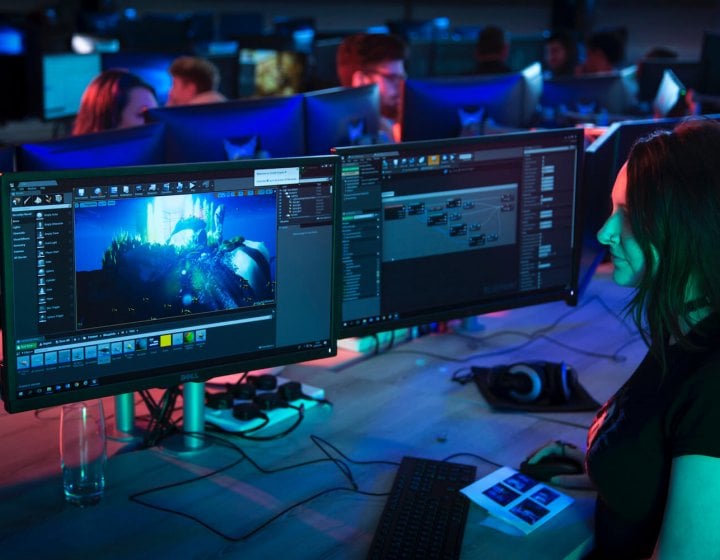
Game Programming MSc
Get the edge in the highly competitive games industry by learning technical, creative and profession...
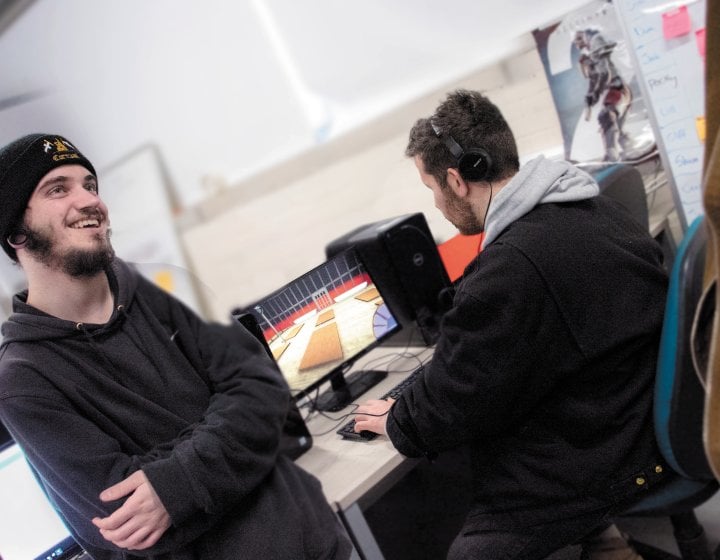
Indie Game Development MA (Online)
Become a confident and daring indie game developer, producing vibrant and engaging experiences for g...
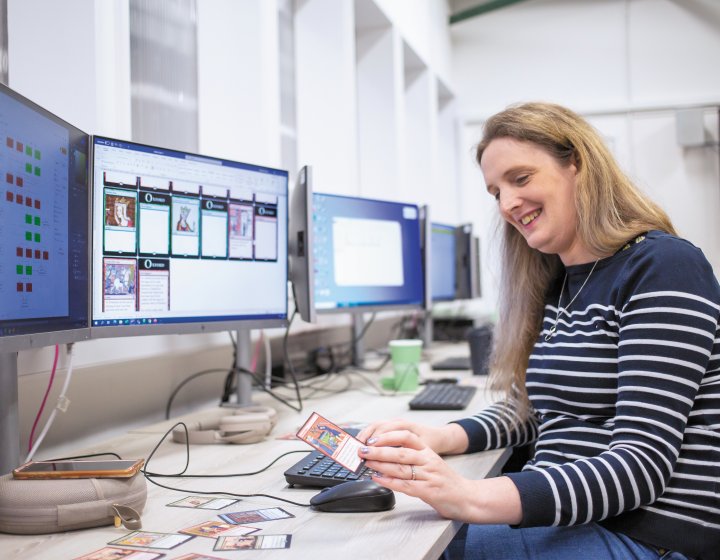
Game Design MA
Are you passionate about games and keen to make them better? Do you feel curious about what makes a ...
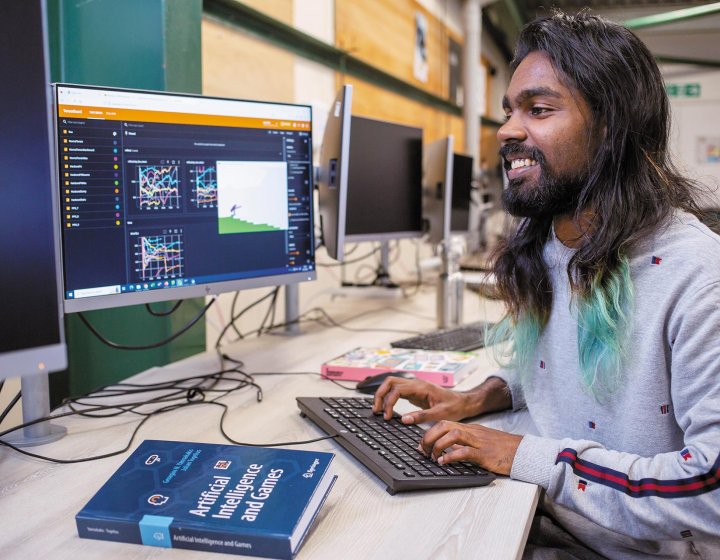
Artificial Intelligence for Games MSc
Break new ground in the application of AI for games. Do you want to explore the applications of...

